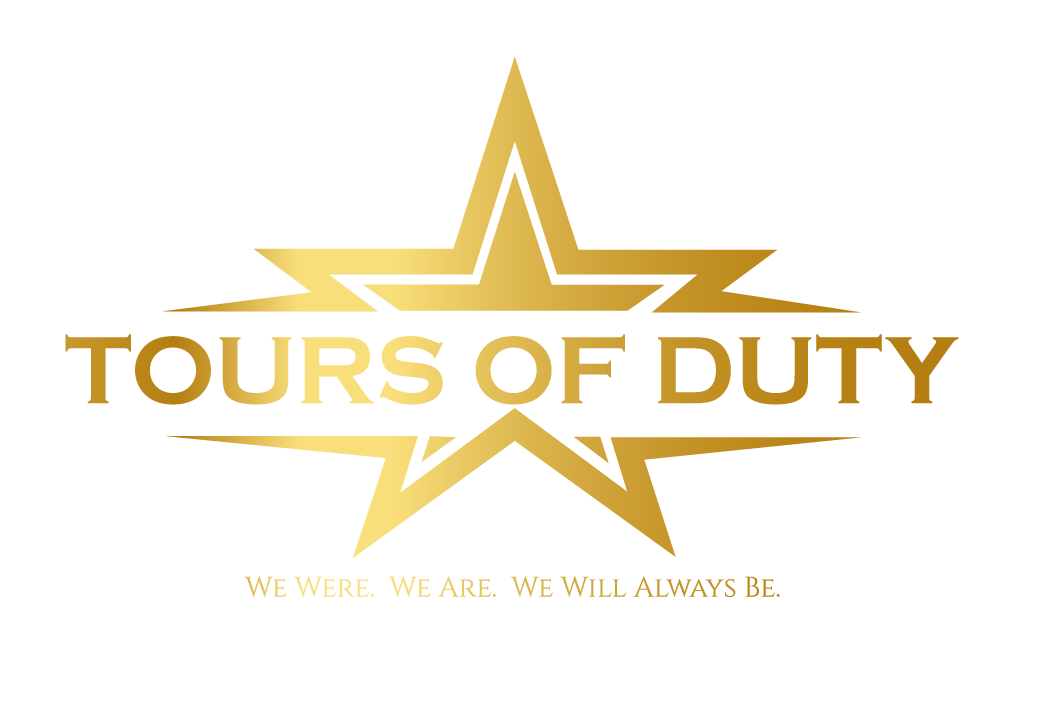Please provide your details in the form below for Tours of Duty to evaluate your case.
Searching for a Prisoner of War (POW) or Missing in Action (MIA) can be a challenging and sensitive process. However, there are several steps you can take to initiate your search. Here’s a general guide to help you:
- Gather information: Collect as much information as possible about the individual you are searching for. This may include their full name, date of birth, branch of service, last known unit or location, and any other relevant details such as the date they went missing or were captured.
- Contact official organizations: Reach out to the appropriate authorities and organizations that specialize in POW/MIA cases. In the United States, the Defense POW/MIA Accounting Agency (DPAA) is responsible for locating and identifying missing service members. You can contact them through their website or by phone to provide the information you have.
- Research military records: If the individual you’re searching for is a veteran, you can try accessing their military records. The National Personnel Records Center (NPRC) in the United States maintains military service records. Contact the NPRC to request information and inquire about any existing records related to the individual.
- Seek assistance from veterans’ organizations: Various veterans’ organizations may have resources and support networks to help in searching for POW/MIAs. Contact organizations such as the American Legion, Veterans of Foreign Wars (VFW), or similar groups for guidance and assistance.
- Utilize online resources: Online databases and websites can provide valuable information and connect you with others who may be searching for the same individual. The DPAA maintains an online database where you can search for information about missing service members. Additionally, consider joining online forums or social media groups dedicated to POW/MIA searches, where you can share your information and collaborate with others.
- Engage with the community: Attend POW/MIA events, conferences, and support groups related to your search. Engaging with the community can provide valuable insights, connections, and emotional support throughout the process.
- Maintain open communication: Stay in touch with the organizations and individuals assisting you in your search. Provide any new information you come across and follow up on any leads or updates they may provide.
Remember, the process of searching for a POW/MIA can take time and patience. Each case is unique, and the available information and resources can vary. It’s important to maintain realistic expectations while being persistent in your efforts to find information about the individual you’re searching for.
